The bilingual album in Romanian and Romani "Holocaust of the Roma. Album of memory and recognition" was launched, on Friday, by the Department for Interethnic Relations, at the Gaudeamus Book Fair.
"This book is a tear and, at the same time, a strong sun. It is a tear because you cannot feel, draw, write about the Holocaust without crying, but we do not want to remain in that tear. (...) It is the first bilingual book about the Holocaust. It is a great emotion for the existence of this book that we are living, because it is not only about the Holocaust, but also about what we have today in memory about the Holocaust, about gratitude for those who survived and today they can tell us those things and about memory. We are still deficient in memory, we still expect the school to include not optional, not facultative, but mandatory information about the Holocaust, about Roma slavery and all history and about the contribution of minorities, in our case the Roma, in the development of this country, from its beginnings until now," said Delia Grigore, the president of the Roma Center Association "Amare Rromentza", agerpres reports.
Presidential advisor Sergiu Nistor highlighted that the album, beyond the content, also has a very good graphic quality.
"Too much time has passed and we have to recover a great debt to the creativity, the spirituality of the Roma minority, a creativity and a spirituality that was often either overlooked or mixed with other forms of expression and I think that, beyond the recovery of memory of the Roma Holocaust, such a work recovers this aspect as well. We are happy that in Romania we have ethnic minorities who enrich us, who manage to sublimate their experiences, some very sad and tragic, and convey messages that I hope those who will follow, our children, our grandchildren, will find them out more easily than us and maybe they will understand them better and more deeply", said Sergiu Nistor.
According to Mihai Neacsu, from the National Agency for Roma, the album represents a written testimony that the Roma movement and readers in Romania needed.
"The first objective when we refer to the Holocaust is 'at least not to repeat it.' more cultural production, written, audio-video, for all the generations that will come after us, to know what really happened", Neacsu said.

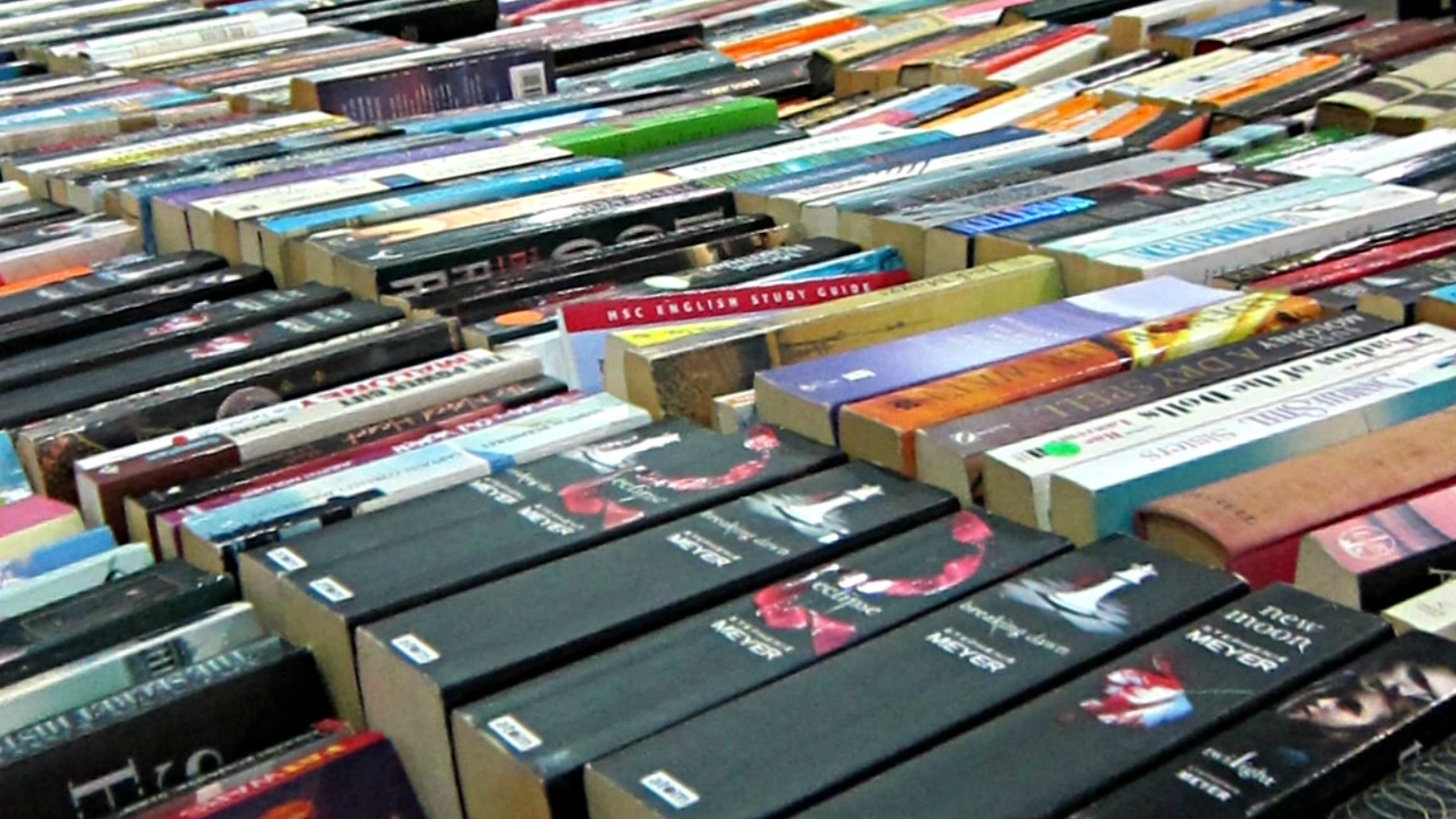




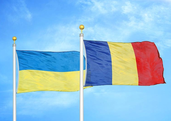




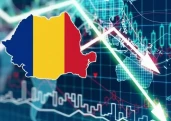
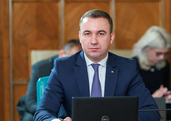

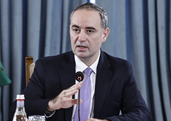
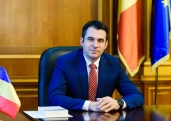

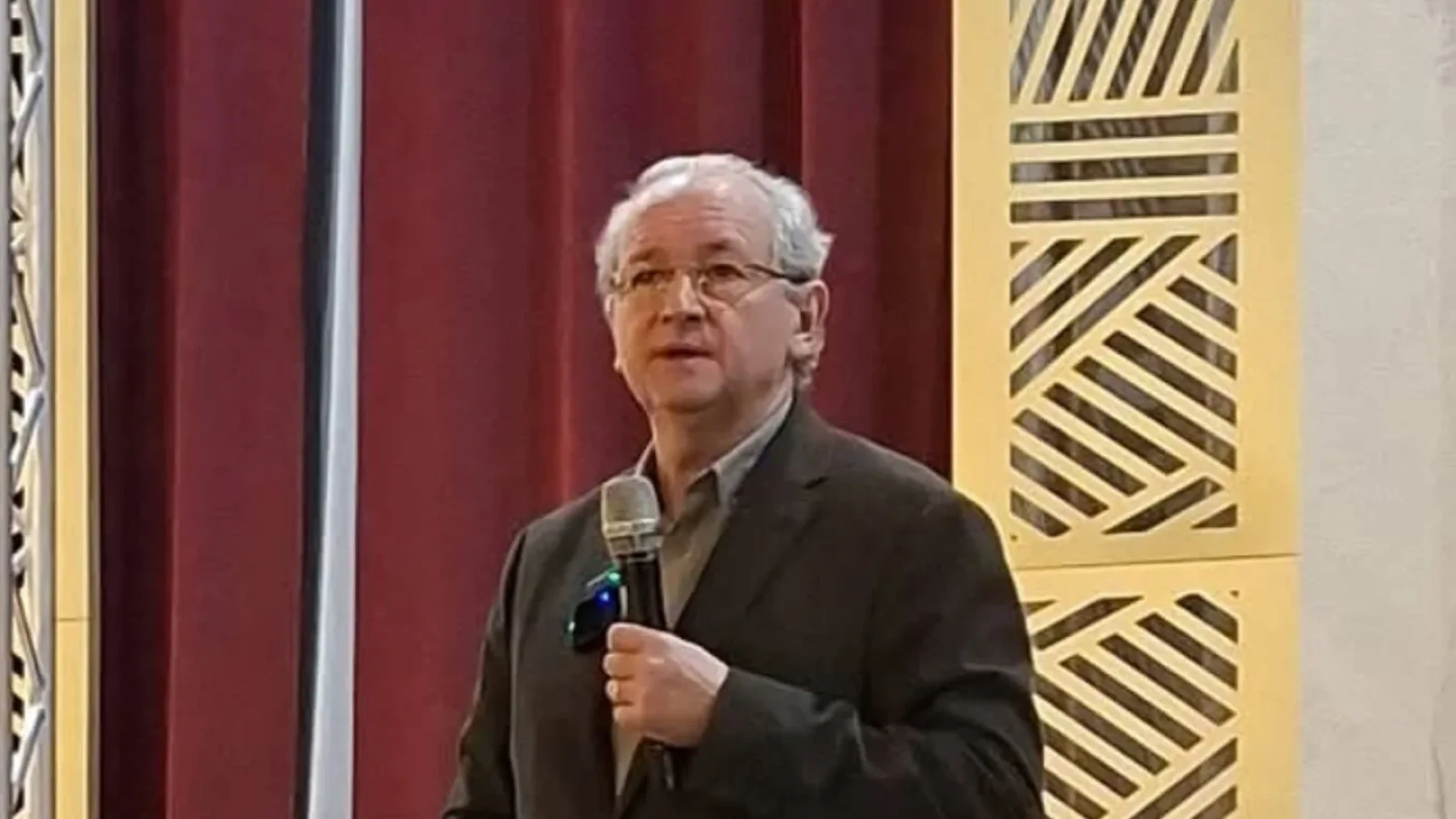


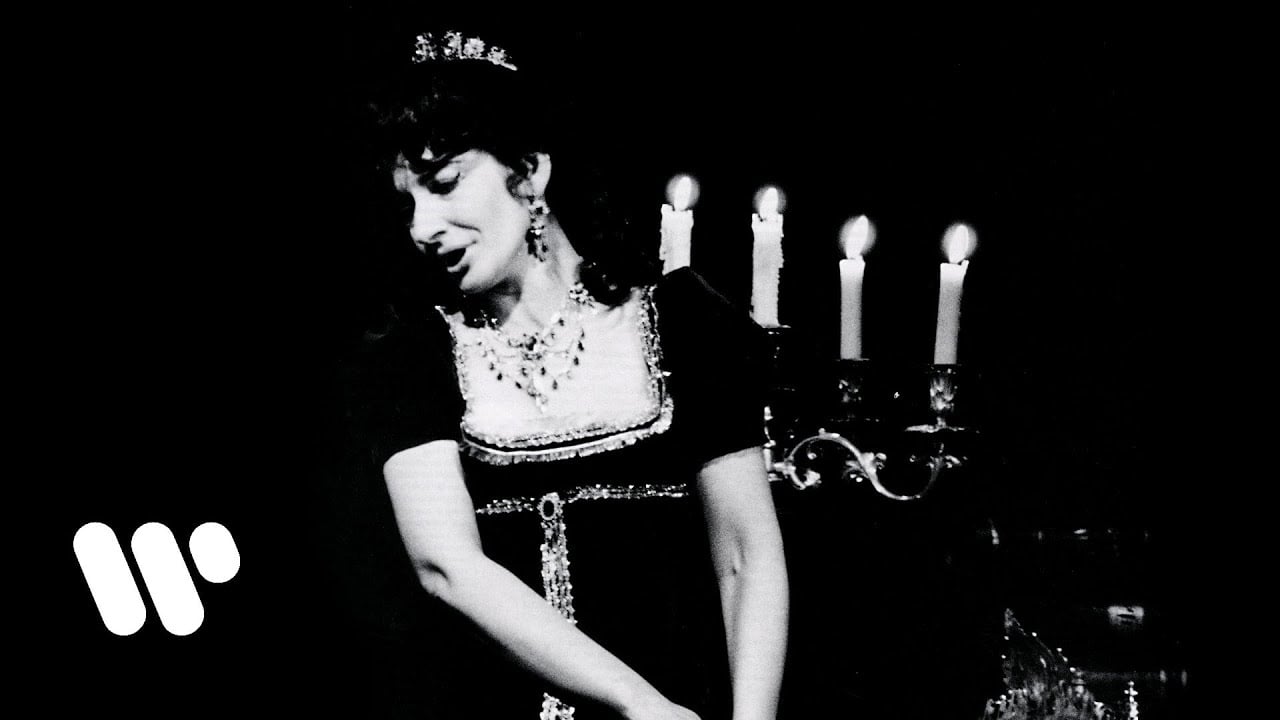


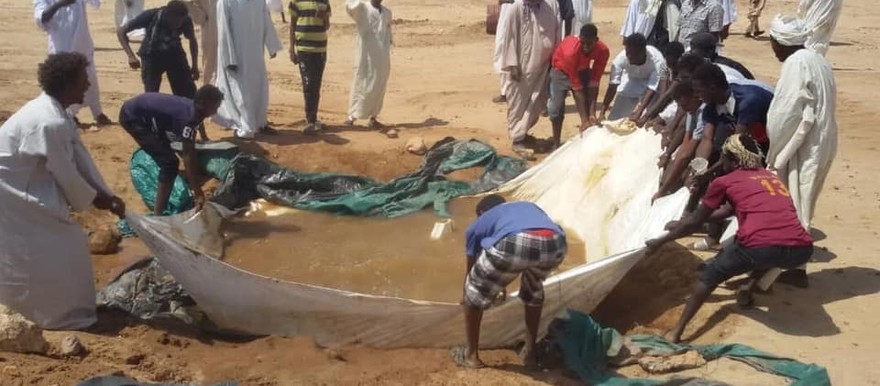




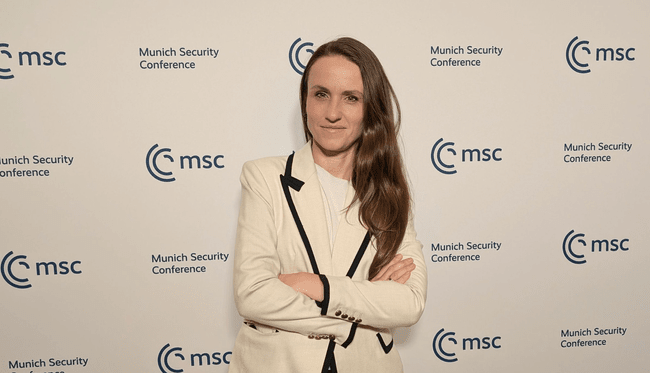



Comentează